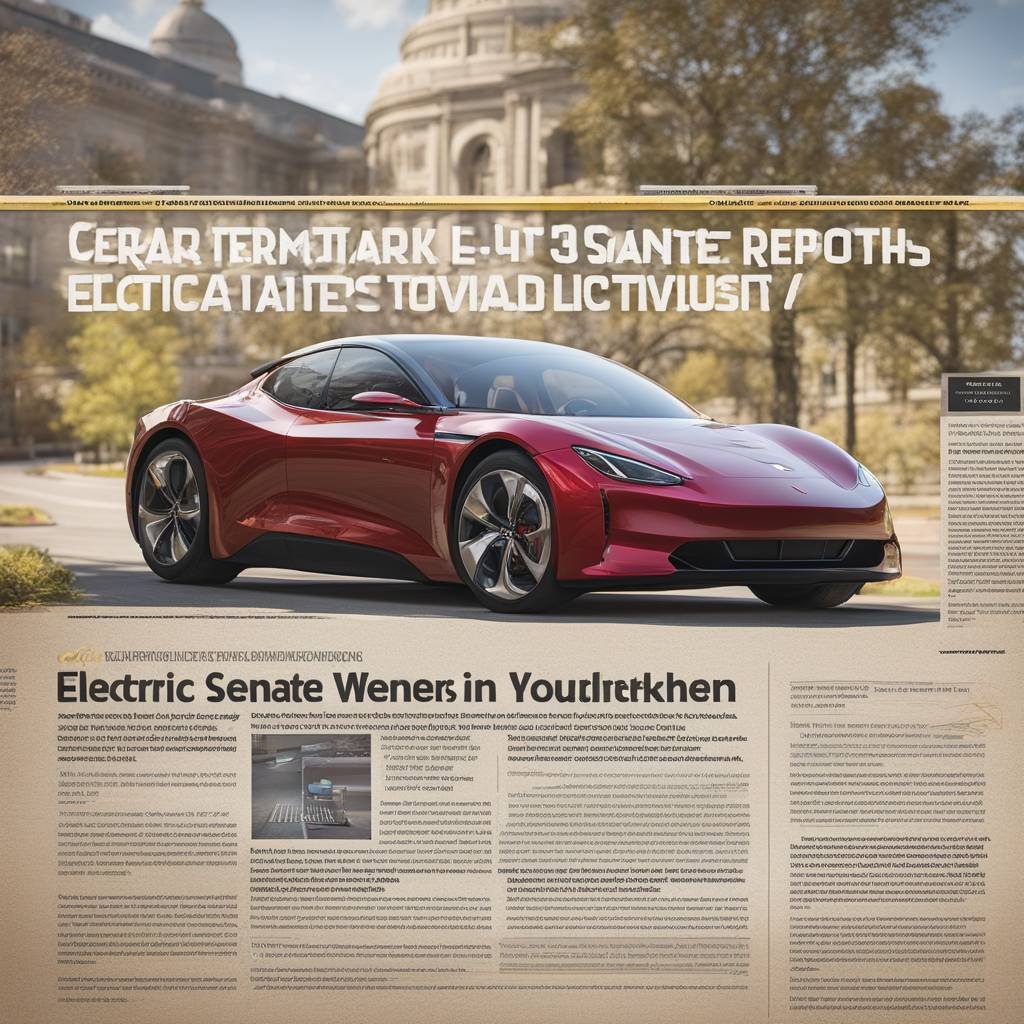Summary
- Electric vehicle manufacturing discussed by bipartisan U.S. Senate Budget Committee
- Increasing global market for electric vehicles by 2023
- Future of vehicle manufacturing seen in electric vehicles
- Concern over strain on electric grid with increased demand from electric vehicles
- Debate over China’s dominance in electric vehicle market and GOP skepticism towards government subsidies for electric vehicles
Article
Republican Senator Lindsey Graham and Democratic members of the U.S. Senate Budget Committee discussed ways to boost U.S. electric vehicle manufacturing to compete globally. Senator Sheldon Whitehouse emphasized the importance of electric vehicle production as an economic, national security, and climate imperative. The global market for electric vehicles is expanding, with 20% of vehicles sold worldwide in 2023 being electric. Graham highlighted South Carolina’s importance in vehicle assembly and tire exportation and advocated for policies to stay competitive in the global automobile market.
While many Republicans oppose increased electric vehicle manufacturing and President Biden’s goal of having 50% of vehicle sales be electric by 2030, Senator Graham embraced the idea of U.S. electric vehicle manufacturing. Concerns were raised in the hearing about the strain on the electric grid with the increased demand from electric vehicle charging. Experts mentioned that by 2035, electric vehicles will consume 17% of total U.S. electricity, similar to the electricity produced by nuclear power plants or non-hydro renewables combined. Strategies like charging vehicles at off-peak hours could help minimize strain on the grid.
The committee also discussed international competition, particularly China’s dominance in electric vehicle manufacturing. Senator Debbie Stabenow expressed concerns about the U.S.’s ability to compete with China, which heavily subsidizes electric car development. Witnesses emphasized the need for incentives for manufacturers to build resilience for the future of electric vehicle production. Senator Graham questioned whether China’s position in the market was reversible, highlighting the importance of creating agile and coordinated policies to compete globally in the electric vehicle market.
Not all Republicans on the committee were as supportive of the electric vehicle conversation as Senator Graham. Senator Ron Johnson expressed hesitance towards government subsidies to entice manufacturing and ownership of electric vehicles, advocating for the marketplace to dictate the speed of innovation. Senator John Kennedy also questioned the need for subsidies, pointing out that many Americans may need to be incentivized to buy electric vehicles due to their higher upfront costs. Despite this skepticism, studies have shown that while electric vehicles may be more expensive upfront, they ultimately cost less to fuel and maintain over time, potentially making them more economically viable in the long run.
Read the full article here



